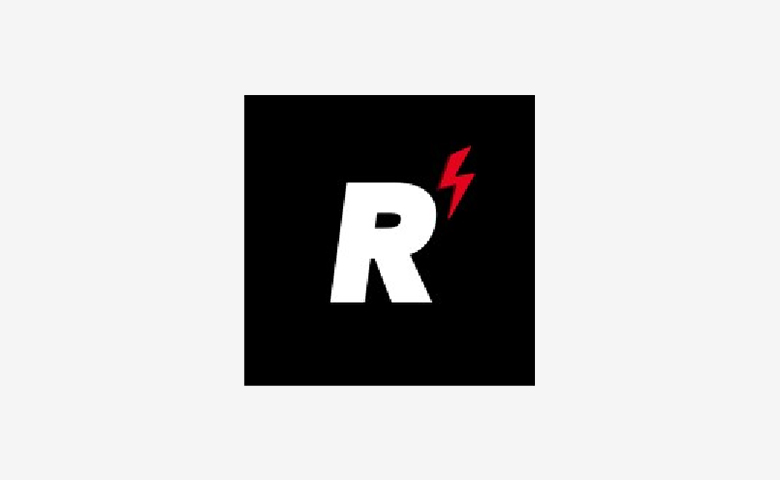‘Retail Project Heads need a playbook for smooth store rollouts’
By N Jayalakshmi | April 15, 2024
R Dash, the vertical SaaS platform for construction and fitouts industry, helps retail brands by automating their project processes and has already onboarded 400+ retail brands in 6 months for project automation. Puneet Bansal, Co-founder, RDash, shares the details with Retail4Growth in this exclusive conversation.
 RDash is a retail project automation platform, right? What were the specific pain points you noticed in retail projects that drove the need for something like RDash?
RDash is a retail project automation platform, right? What were the specific pain points you noticed in retail projects that drove the need for something like RDash?
We noticed that while offline retail was growing very fast in India post Covid, and most retailers were going big on expansion, they were still facing challenges when it came to scaling up the expansion plans. We saw that even the big retailers were finding it difficult to open more than 3000-4000 stores per year, and this was mainly due to the fragmented supply chain. The fact is that while retail projects work like any other project, they also face the additional challenge of timeline and the need for speed. If other projects are like marathons, retail projects are like relay races where you have to pass on the baton very quickly . Many retail project heads have been working on SOP to automate their projects. But we saw that what they really needed was a playbook, and that’s when we decided to offer them a platform like RDash, which would be like a playbook for their store rollouts.
How exactly does R-Dash work as a playbook for retailers and solve their problems?
RDash works as a single platform that automates the entire store project management process by giving complete transparency and access to everyone in the projects team, including the retail solution suppliers, store designers and other vendors. Through this platform the entire ecosystem can collaborate together and create a playbook which helps document and manage a store rollout. It serves as a dashboard at every stage, from store design identity development and location supervision to execution, monitoring and final delivery. It is essentially an assembly line by which retail outlets can be churned out quickly and easily. It enables the projects team in any retail brand for efficient store rollouts and expansion and ensures consistency in store look and feel across multiple locations.
Any cost savings that retailers can achieve with this platform?
On an average they can save 6-7% of direct costs, besides cutting down the invisible costs like delays.
What was your pitch to retailers when you started? Has it changed?
Initially our pitch to retailers was that they could create a playbook by using this platform, which would assure them of transparency and quality. But we realised that while these were good to have for them, what they mainly needed was cost savings and that’s our pitch today.
How many retailers are you working with currently? And which are your biggest categories?
We are currently working with 25 retail customers and are now onboarding 400 more retailers onto the R-Dash platform. QSRs and Apparels are our biggest categories.
Can the platform also take into account new technologies that are integrated in front-end retail?
Yes, every new technology like a store’s digital displays or monitors and IoT enabled tools for data analytics can be integrated on the RDash platform.









Comments